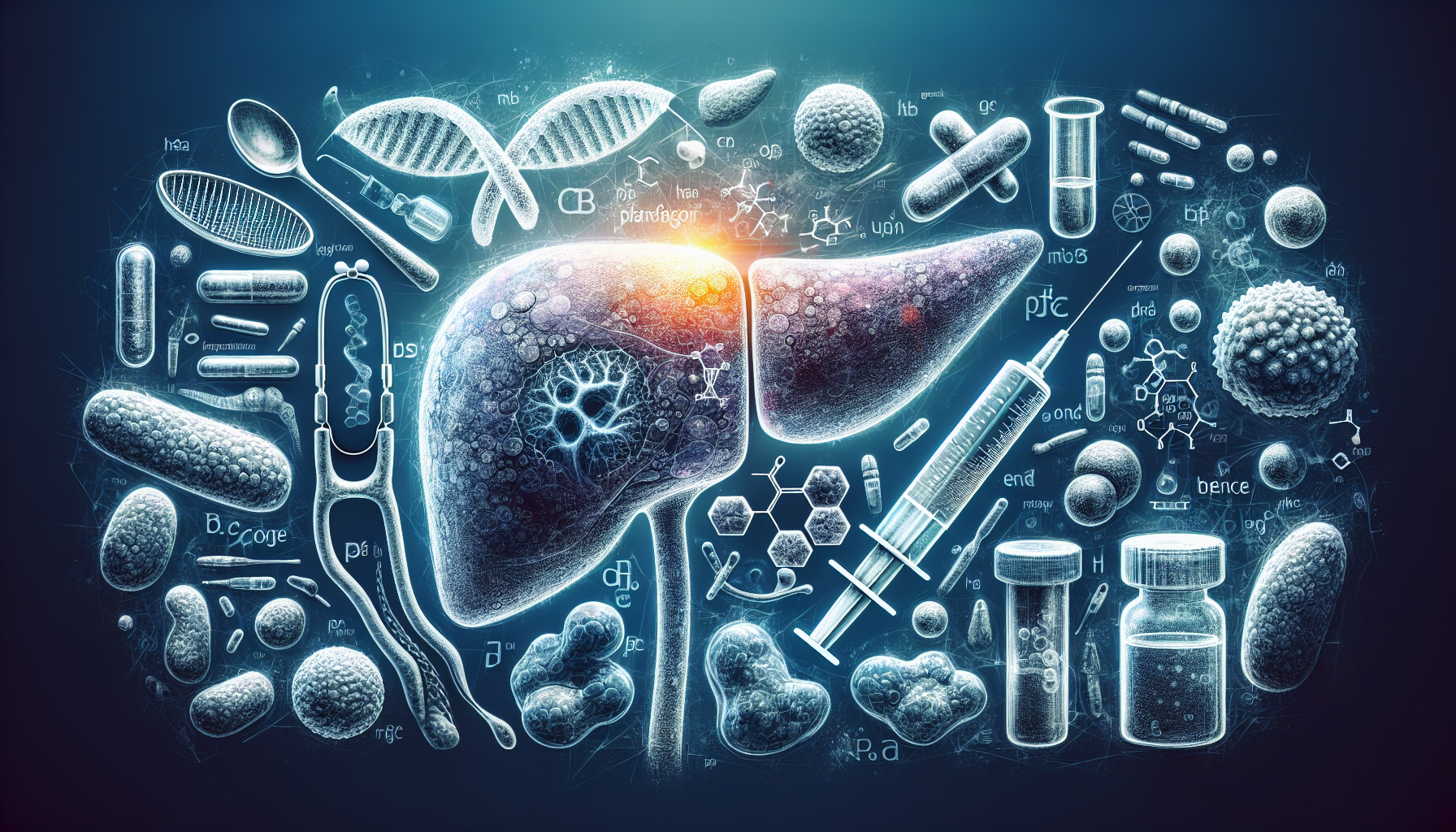Revolutionary CAR T-Cell Therapy Transforms Chronic Lymphocytic Leukemia Treatment
Key Takeaways
- CAR T-cell therapy shows promising long-term effects in CLL treatment.
- Combination with BTK inhibitors might enhance treatment outcomes.
- Outpatient administration of CAR T-cell therapy can increase patient comfort and accessibility.
Did You Know?
Introduction to CAR T-Cell Therapy
CAR T-cell therapy, a groundbreaking advancement in cancer treatment, has shown significant promise in treating patients with chronic lymphocytic leukemia (CLL). This innovative therapy uses genetically modified T-cells to target and eliminate cancer cells, providing new hope for patients with challenging cases.
The Early Days: Pioneering Efforts
Back in 2010, the University of Pennsylvania began treating CLL patients with CAR T-cell therapy. Over the years, this institution has gained over 13 years of experience, monitoring patients’ long-term responses to this treatment. Early adopters of this therapy have exhibited notable improvements, attesting to its effectiveness.
First FDA Approval
In March 2024, the FDA granted approval to lisocabtagene maraleucel (Breyanzi) for treating CLL and small lymphocytic lymphoma. This marks a significant milestone as the first CAR T-cell therapy approved for this condition. Patients who have undergone at least two previous treatments, including a BTK inhibitor and a BCL-2 inhibitor, now have a potent new option.
Clinical Trial Successes
The phase 1/2 TRANSCEND CLL 004 study was critical to this approval. Patients treated with lisocabtagene maraleucel achieved a complete response rate of 20%. Most impressively, the median duration of response surpasses the expected 15 months benchmark, demonstrating the lasting impact of this therapy.
Real-World Applications
David L. Porter, MD, highlights the transformative potential of CAR T-cell therapies in routine clinical practice. For those with relapsed/refractory CLL, CAR T-cell therapy has shown significant response rates between 30% to 60%. Though not universally effective, the therapy offers long-term remission for many responders, implying potential cures for some patients.
Combination Treatments
Recent research suggests combining CAR T cells with BTK inhibitors like ibrutinib could enhance outcomes. Clinical trials are underway to investigate these combinations, with preliminary results indicating higher response rates and more robust remissions.
Outpatient Treatment Benefits
Administering CAR T-cell therapy in outpatient settings offers several benefits, including improved patient comfort and reduced healthcare costs. Institutions with the right logistical setup can provide this therapy safely and effectively outside of the hospital environment, increasing accessibility for patients.
Ongoing Challenges and Future Research
Despite its success, CAR T-cell therapy needs further refinement to improve response rates. New research is focusing on combination therapies and modifying CAR T cells to enhance their activity. Future studies are also exploring allogeneic CAR T-cell therapy and using NK cells.
Long-Term Follow-Up and Safety
Long-term follow-up is crucial, especially concerning potential secondary malignancies and T-cell lymphomas. Continuous monitoring will help ensure patient safety and effectiveness of treatments in the long term.
Expanding Access to Treatment
To broaden access, there are efforts to deliver CAR T-cell therapies in community settings. This strategy aims to make advanced treatments more available to patients living far from major academic centers.
References
- US FDA approves Bristol Myers Squibb’s Breyanzi as the first and only CAR T cell therapy for adults with relapsed or refractory chronic lymphocytic leukemia (CLL) or small lymphocytic lymphoma (SLL)https://news.bms.com/news/details/2024/U.S.-FDA-Approves-Bristol-Myers-Squibbs-Breyanzi--as-the-First-and-Only-CAR-T-Cell-Therapy-for-Adults-with-Relapsed-or-Refractory-Chronic-Lymphocytic-Leukemia-CLL-or-Small-Lymphocytic-Lymphoma-SLL/default.aspx






